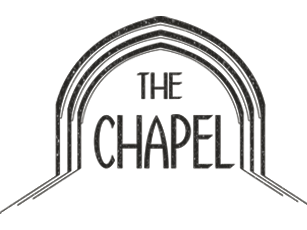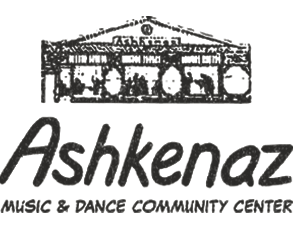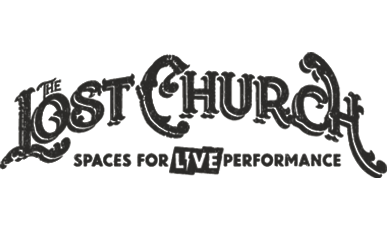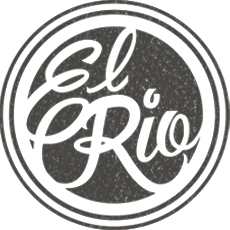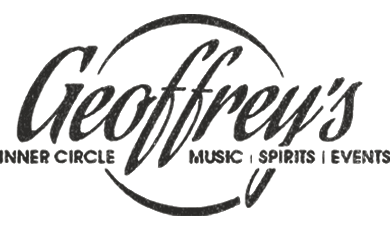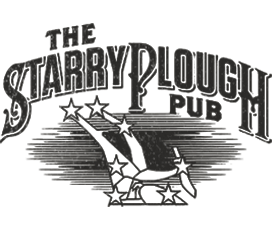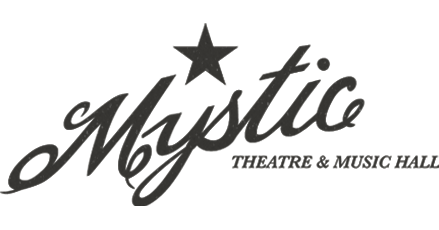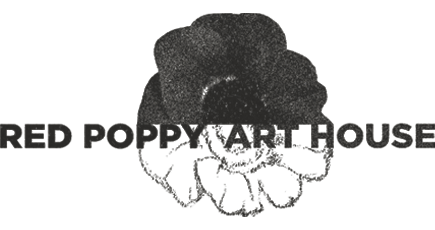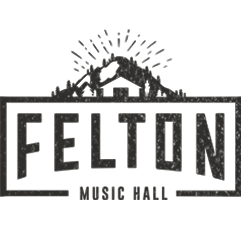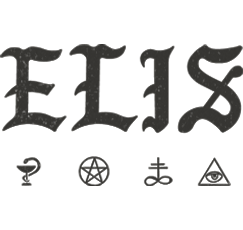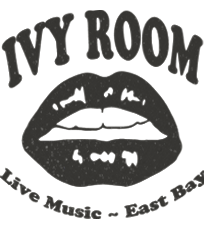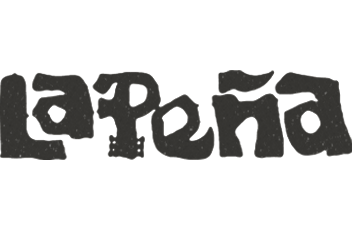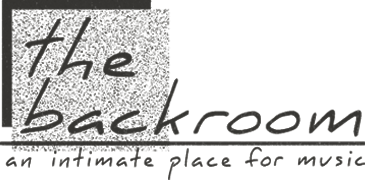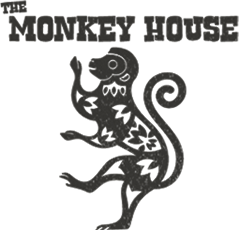
Community
Since the start of the pandemic our charitable efforts have resulted in more than $4 million being distributed to the music & arts communities in the Bay Area and across the country. In 2021, we’ve invested $1 million across three organizations responding to critical relief and recovery needs:
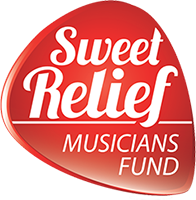

Response to Racial Injustice
#BlackLivesMatter
All the love I give (got love to give)
I’ve got natural gifts (got natural gifts)
Got perspective (got perspective)
Might make your shift (the way you look at it)
“If All I Was Was Black,” Mavis Staples and Jeff Tweedy
Like so many of you who are rising up across the U.S. and the world, we are outraged at the brutal killing of George Floyd, which follows on the heels of many other shocking murders of Black people and people of color. We are sickened at the centuries-long progression of similar tragedies in our country and the unequal treatment before the law that falls hard and disproportionately on people of color, particularly Black people, who receive unfair and unjust treatment not only in the system of mass incarceration but in every aspect of their lives: access to education, jobs, housing, healthcare, open space, clean air.
We WILL say the names, per Janelle Monae1: Walter Scott, Jerame Reid, Phillip White, Eric Garner, Trayvon Martin, Sean Bell, Freddie Gray, Aiyana Jones, Sandra Bland, Kimani Gray, John Crawford, Michael Brown, Miriam Carey, Sharonda Singleton, Emmett Till, Tommy Yancy, Jordan Baker, Amadou Diallo. And now we add George Floyd, Philando Castile, Breonna Taylor, Ahmaud Arbery — and too many more. Hardly Strictly Bluegrass from its founding to this moment is about American Roots Music. We celebrate here and now the oceans of contribution by generations of Black artists, who brought into being blues and gospel hymns, jazz, funk, soul, and hip-hop, among others. Black musicians were at the very heart of the often-unheralded origins of bluegrass among the Black banjo-players and string musicians in the American South, where Bill Monroe, considered the founder of bluegrass music, got his start playing with legendary Black fiddler and guitarist Arnold Shultz. The impact of Black music is large in every element of our Hardly Strictly Bluegrass event – and we are deeply grateful.
This is a moment for all of us to reflect deeply and honestly, including within ourselves, and to start the long overdue process of repair and recognition – and that is what we are doing and will be doing. It is a long road ahead to the achievement of justice for Black Americans. As a non-commercial music festival, our first step along this path is our pledge to examine our practices at every level and in every activity, from performance to public communications. We renew our commitment to diversity, which has been an essential aspect of festival programming over the years, but now with special attention to Black music and stories crying out to be told. Throughout the process, we will be listening to what Black voices are asking so we can be effective allies. With their input, we will continue to develop plans and take action. As we do, we will share more about our commitments.
Hardly Strictly Bluegrass has never been about politics. It is about ALL people, which includes encouraging Black people and people of color and other underrepresented populations to fully participate in artistic expression and enjoy the experience of our festival however they choose.
We can—and will—do more, and move from words to action, in partnership with our communities of roots musicians, particularly Black artists.
For nearly two decades, Hardly Strictly Bluegrass has created a place and a community where people gather in October to share the special magic, love, and joy that only music brings. We believe this positive force, paired with concerted effort towards racial justice, has power to repair the wounds, pains, fears and fractures that divide us.
1. From Janelle Monae’s Hell You Talmbout